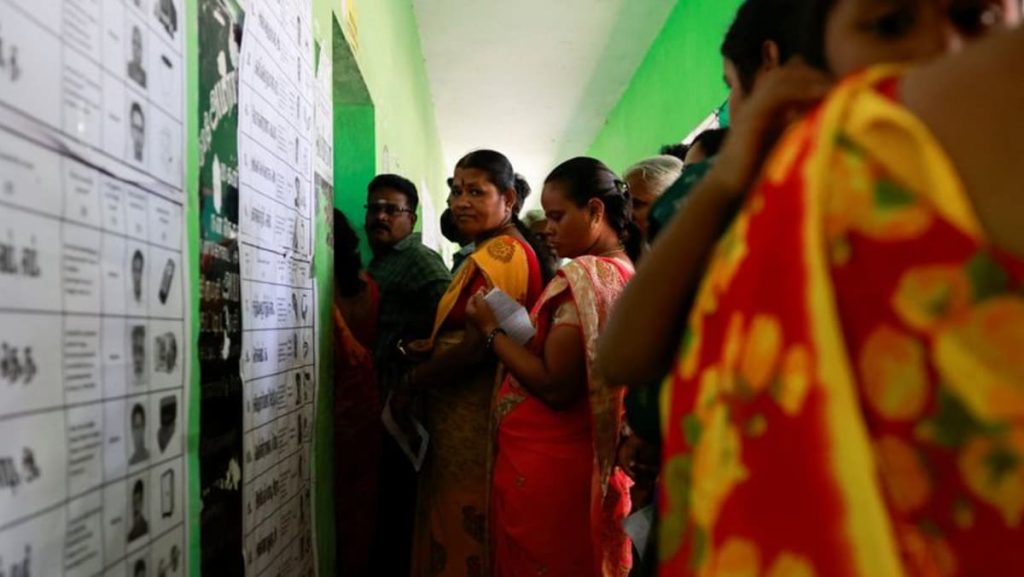The clash of ideologies between regional parties in South India and the Bharatiya Janata Party (BJP) is at the heart of the political landscape in the region. While the BJP promotes Hindu nationalism, the Dravidian ideology embraced by regional parties focuses on protecting the culture, languages, and interests of South India. Regional parties have accused both the Congress and the BJP of trying to impose Hindi on the South, with the BJP’s Home Affairs Minister Amit Shah emphasizing the importance of one language for national unity, citing Hindi as the best option.
In Tamil Nadu, the BJP has fielded former IPS officer Annamalai as a candidate for the upcoming elections. Annamalai has defended Prime Minister Narendra Modi as an inclusive leader, refuting claims that the BJP promotes Hindi as a common language for India. He believes that Modi’s leadership transcends regional divides and that the upcoming election will bridge the proverbial north-south fault line. While the BJP is making efforts to make its mark in the South, regional parties like the AIADMK and the DMK continue to champion Dravidian ideology, resisting what they perceive as attempts to homogenize the country under a single language and culture.
Meanwhile, in Kerala, the BJP has never won a lower house seat, and the battle for political supremacy is heating up between Congress leader Rahul Gandhi and Union Minister Rajeev Chandrasekhar. Gandhi accuses the BJP of wanting to impose a singular history, nation, and language onto the diverse population of India, contrasting with the Congress’s vision of a nation united in diversity. Shashi Tharoor, a senior Congress leader, echoes these sentiments, highlighting the BJP’s Hindi, Hindutva, Hindustan ideology as opposed to the inclusive nature of Hinduism. Despite Mr. Tharoor’s success in previous elections, the BJP’s decision to field Chandrasekhar in an attempt to unseat him underscores the party’s determination to gain a foothold in the South.
Observers note the significance of the BJP’s efforts to make inroads in South India, a traditionally challenging region for the party. The BJP’s focus on fielding candidates and engaging in ideological battles in states like Kerala and Tamil Nadu underscores the party’s ambition to expand its political footprint beyond its traditional strongholds in the North. The clash of ideologies between regional parties and the BJP highlights the complex political landscape of South India, where diverse cultural identities and historical narratives inform political allegiances and electoral outcomes. As the South continues to resist attempts to impose a singular national identity, the upcoming elections will test the strength of these ideologies and shape the future of regional and national politics in India.


